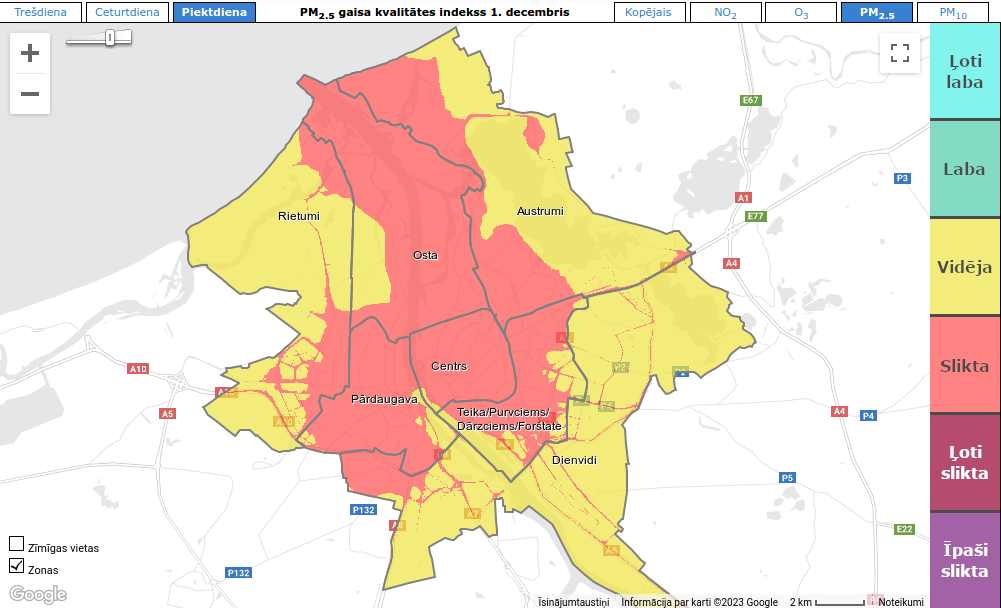 //
// - Patsy Doherty Free Website Template -
.
sensors for smart city, MVP for PM other sensors, scalability to be elaborated
mobility, utility sensors further sensors and 24/7, scalability to be elaborated in cooperation with municipalities etc.
MVP for PM2.5 PM10 and NO2 concentrations.
| Pollutant | Concentration | Averaging period | Legal nature | Permitted exceedences each year |
|---|---|---|---|---|
| Fine particles (PM2.5) | 25 µg/m3 | 1 year | Target value to be met as of 1.1.2010 Limit value to be met as of 1.1.2015 |
n/a |
| Fine particles (PM2.5) | 20 µg/m3 | 1 year | Stage 2 limit value to be met as of 1.1.2020 *** | n/a |
| Nitrogen dioxide (NO2) | 40 µg/m3 | 1 year | Limit value to be met as of 1.1.2010 * | n/a |
| Particulate matter(PM10) | 50 µg/m3 | 24h | Limit value to be met as of 1.1.2005 ** | 35 |
| Particulate matter (PM10) | 40 µg/m3 | 1 year | Limit value to be met as of 1.1.2005 ** | n/a |

Nitrogen oxides (NO2 and NO) are important trace gases in the Earth's atmosphere, present in both the troposphere and the stratosphere. They enter the atmosphere as a result of anthropogenic activities (notably fossil fuel combustion and biomass burning) and natural processes (wildfires, lightning, and microbiological processes in soils). Here, NO2 is used to represent concentrations of collective nitrogen oxides because during daytime, i.e. in the presence of sunlight, a photochemical cycle involving ozone (O3) converts NO into NO2 and vice versa on a timescale of minutes. The TROPOMI NO2 processing system is based on the algorithm developments for the DOMINO-2 product and for the EU QA4ECV NO2 reprocessed dataset for OMI, and has been adapted for TROPOMI. This retrieval-assimilation-modelling system uses the 3-dimensional global TM5-MP chemistry transport model at a resolution of 1x1 degree as an essential element. [More information]
With ESA and EU support
Liepaja, Riga, Tallinn air quality comparision


